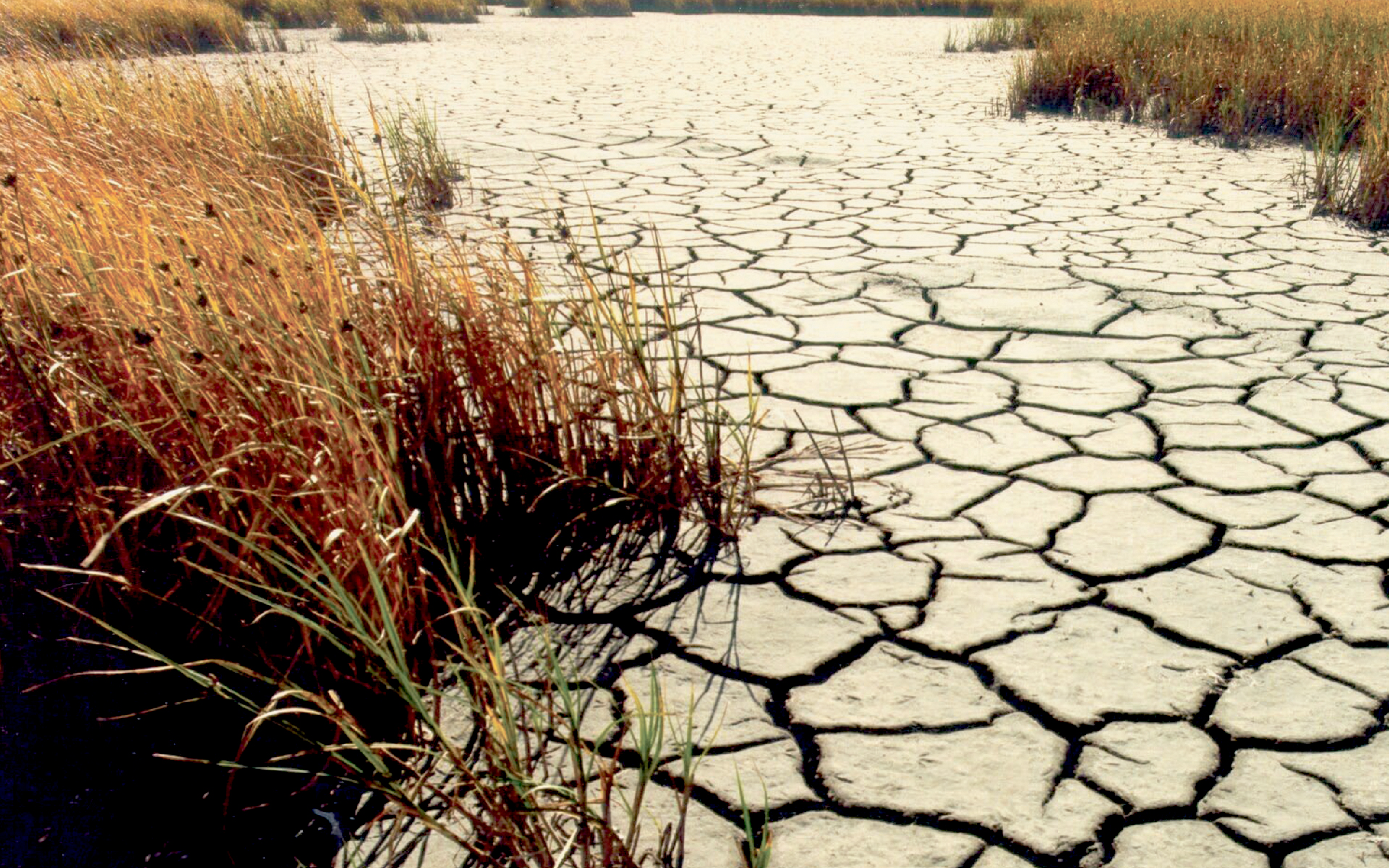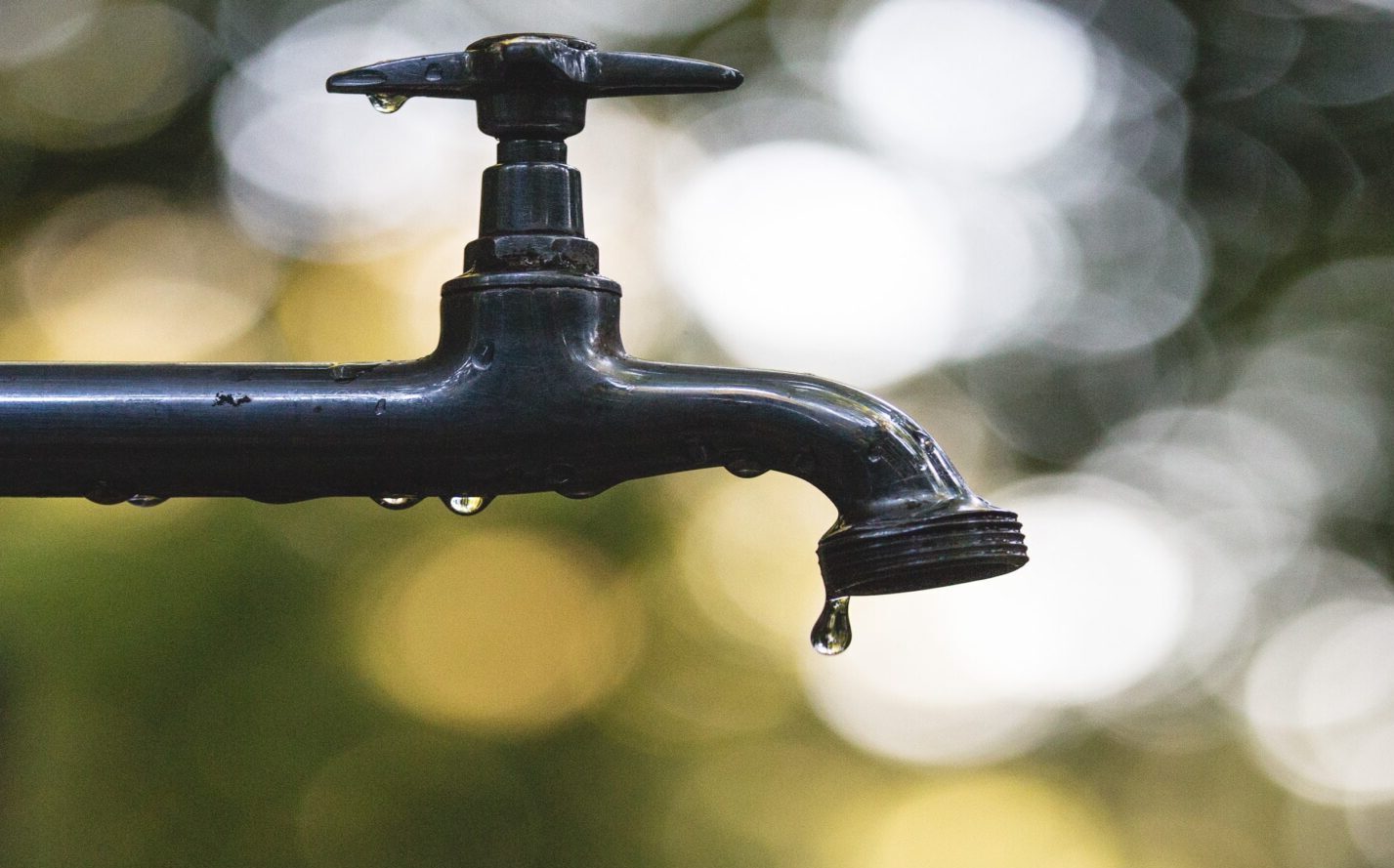Why water governance?
Shifts in the timing, flows, and quality of water arising from anthropogenic climate change or other sources of environmental change have profound implications for water resource systems and threaten the effectiveness of current water management practices. The impacts of these changes on human systems (water supply, flood protection, livelihoods) will be mediated by how we plan for and respond to such events.
In the water sector, authority and decision-making is distributed across national, state and local government, as well as holders of private water rights and landowners. Moreover, water management activities in one part of a river or groundwater basin can reverberate across the basin, inducing changes in water levels and flows in other locations. Given the interconnectedness of a hydrologic system and the diversity of actors involved, the outcomes of responses to hydro-climatic change will be the sum of actions occurring across multiple entities, sectors and scales.
Addressing the world's water challenges will require development of governance structures and policy instruments that can be effective at and across multiple scales. The research projects described on this website seek to provide insights and guidance on the design and implementation of those structures and instruments, specifically in regards to the following topics:




